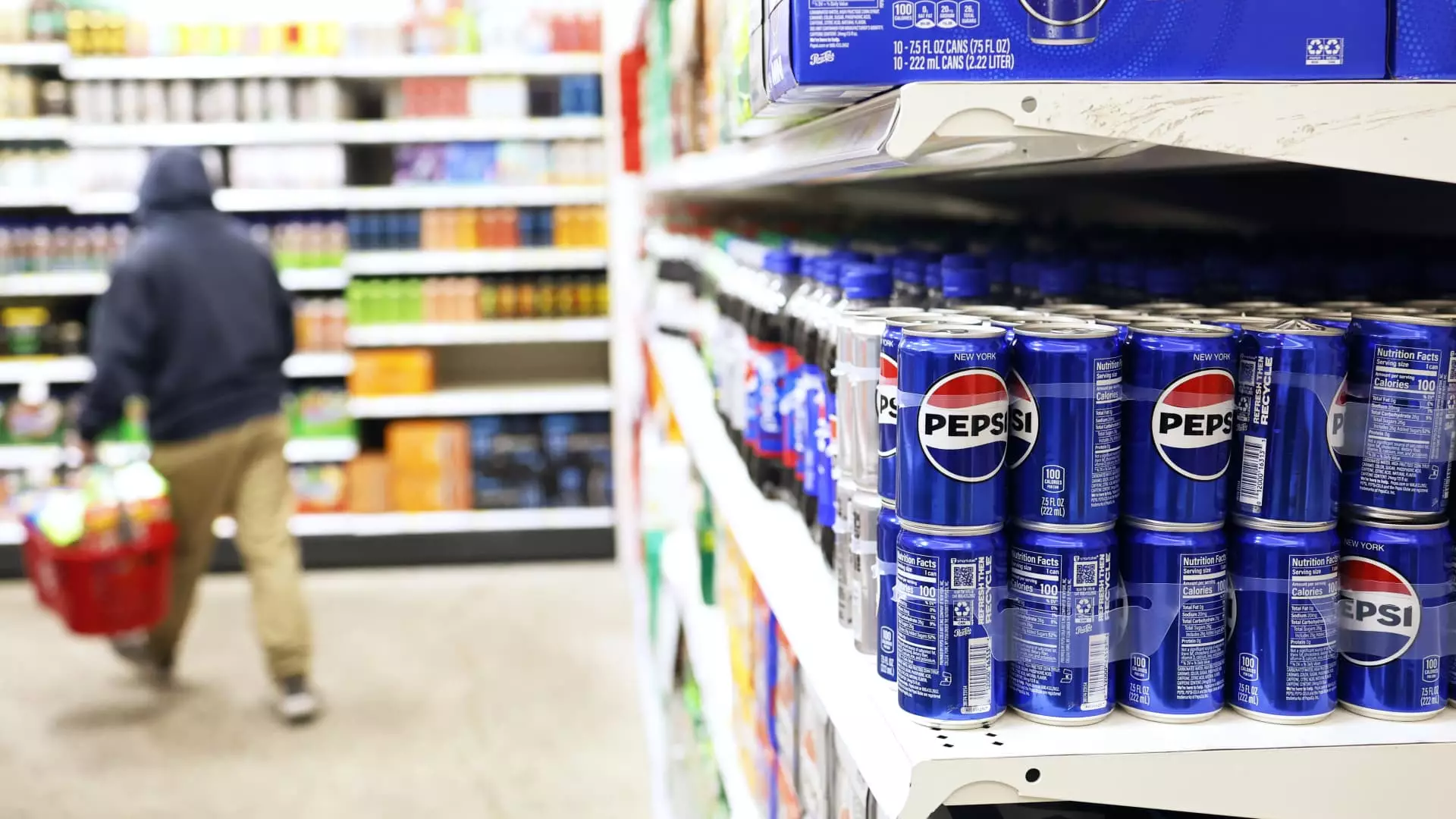Recently, the Federal Trade Commission (FTC) announced it is taking legal action against PepsiCo, alleging the beverage and snack food titan engaged in unlawful price discrimination practices. The crux of the suit revolves around claims that PepsiCo granted preferential pricing to one unnamed retailer, which reports suggest is Walmart. The FTC asserts that this conduct constitutes a violation of the Robinson-Patman Act, a law enacted to promote fair competition by preventing sellers from offering different prices to competing buyers for the same goods.
The nature of the allegations suggests that PepsiCo may have provided exclusive promotional payments and marketing support to Walmart, thereby disadvantaging its other retail competitors. Such practices, if proven, could undermine the competitive landscape and potentially lead to inflated prices for consumers at retailers not favored by PepsiCo.
PepsiCo’s Defense Strategies
In response to the FTC’s accusations, PepsiCo has emphatically denied any wrongdoing, labeling the lawsuit as both factually and legally misguided. The company insists that its pricing strategies align with accepted practices within the industry and asserts it does not provide exclusive discounts or promotional support to any particular retailer. PepsiCo’s commitment to vigorously contest the FTC’s claims indicates the seriousness of the accusations and their potential repercussions on the company’s reputation and market standing.
This defense raises questions about the FTC’s regulatory approach and the interpretation of the Robinson-Patman Act, especially in the contemporary market, where large retailers and suppliers frequently engage in complex agreements and promotions. PepsiCo’s response spotlights the challenges regulatory agencies face in enforcing antiquated laws in a rapidly evolving economic environment.
The Legal and Economic Context
The backdrop of this case is significant, as it touches on the broader implications of the Robinson-Patman Act, which was designed to curb anti-competitive price discrimination but has seen inconsistent enforcement since its inception in 1936. The FTC had largely stepped back from enforcing the act during the economic deregulation phase of the 1980s, raising questions about its relevance in today’s marketplace characterized by mega retailers and global supply chains.
Furthermore, the timing of the lawsuit, occurring just before the change in FTC leadership, could suggest an ongoing commitment within the outgoing Biden administration to take aggressive action against perceived corporate malfeasance. This action follows a trend of heightened scrutiny over corporate practices, exemplified by other legal actions against major firms, including those in the technology and airline industries.
Ultimately, the outcome of this lawsuit could have far-reaching implications not only for PepsiCo and Walmart but also for the overall dynamics of market competition in the food and beverage sector. If the FTC is successful, it might reignite discussions around regulatory enforcement of the Robinson-Patman Act and challenge companies to reevaluate their pricing strategies in light of potential legal consequences. The case serves as a critical reminder of the need for vigilance in maintaining fair market practices, aiming to ensure that competition leads to benefits for consumers rather than a handful of corporate giants.

